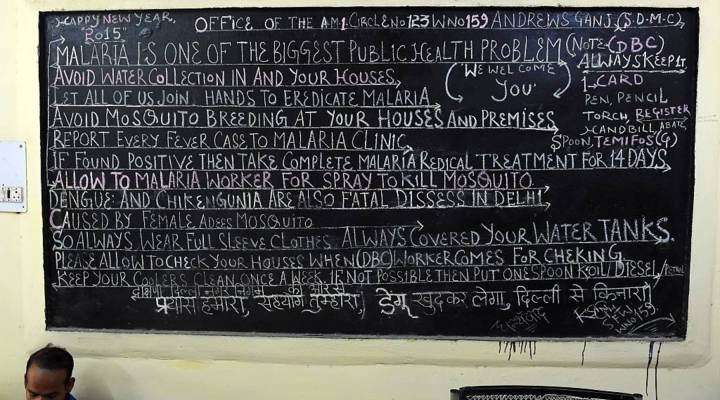
When government can’t solve problems, more companies seek to step in
When government can’t solve problems, more companies seek to step in

Following the recent mass shooting at a Florida high school, Dick’s Sporting Goods said it would stop selling assault-style rifles and no longer sell guns people under 21.
The day of the announcement, the retailer saw a more than 32,000 percent increase in mentions, retweets, comments and likes on social media compared to the day before, according to 4C insights. Yes, that’s 32 followed by three zeros. In other words, people really take notice of a company’s stance on issues.
“I try not to buy things at companies that sell guns,” said Katherine Walstrom of Sarasota, Florida.
She said she won’t shop where she doesn’t agree with a company’s stance.
“I try to buy things at locally owned companies. I try to buy things at female-owned companies or minority-owned companies,” Walstrom said. “So I’ve never shopped at Walmart because I don’t think I value anything Walmart values.”
Susan Wendleboe in Chatham, New York, says she actively supports businesses who get behind environmental and gun-control issues.
“If the company puts something like they’re going to support gun control, then I would shop more likely at their stores because I would like to support that movement,” Wendleboe said.
Today, companies aren’t just taking a stance on social or political issues. In fact, a whole industry has sprung around private businesses trying to solve public problems, including issues like traffic congestion, homelessness, malaria and water access.
It’s been dubbed the “solution economy” — business, government, philanthropy, social enterprises and foundations converging to solve public problems.
“In every city in America, you have social startups that are particularly focused on things like the environment or energy, education, homelessness,” said Bill Eggers, executive director of Deloitte’s Center for Government Insights. “Then also you have for-profit companies founded in a way that they wanted to solve societal problems.”
It comes down to a number of drivers. First up, simply, the bottom line. Companies understand that consumers and employees are both passionate about supporting causes. They want to work and support companies that are also doing so. Getting behind causes can go a long way for branding.
“Companies are realizing that they can both make money but also dive into solving these problems,” Eggers said. “It can actually help them.”
So what’s the role of government in this solution economy? Is it still to solve our societal issues? Those in the solution economy see it in a new role.
“Instead of sole problem solver, government’s role is to create an environment where problem solvers can flourish,” Eggers said.
Governments across the world are creating accelerators for social entrepreneurs and startups who are working on solutions while the governments are developing regulations for the products at the same time. The accelerators are also a vehicle for startups to scale up their products to try and make an impact. In other cases, companies, governments and foundations are increasingly working alongside one another to address causes, including malaria eradication.
“You’ve actually had a number of companies putting in total hundreds of millions of dollars,” Eggers said.
But a tension exists. If companies are creating solutions in the forms of products, certain groups or segments of society could find themselves priced out of solutions they may need the most.
Eggers said that notion is at top of mind in the solution economy.
“You have a lot of these business models which are actually aimed at creating radically low-cost solutions,” Eggers said. “So that you can essentially bring more people into the marketplace.”
There’s a lot happening in the world. Through it all, Marketplace is here for you.
You rely on Marketplace to break down the world’s events and tell you how it affects you in a fact-based, approachable way. We rely on your financial support to keep making that possible.
Your donation today powers the independent journalism that you rely on. For just $5/month, you can help sustain Marketplace so we can keep reporting on the things that matter to you.


















